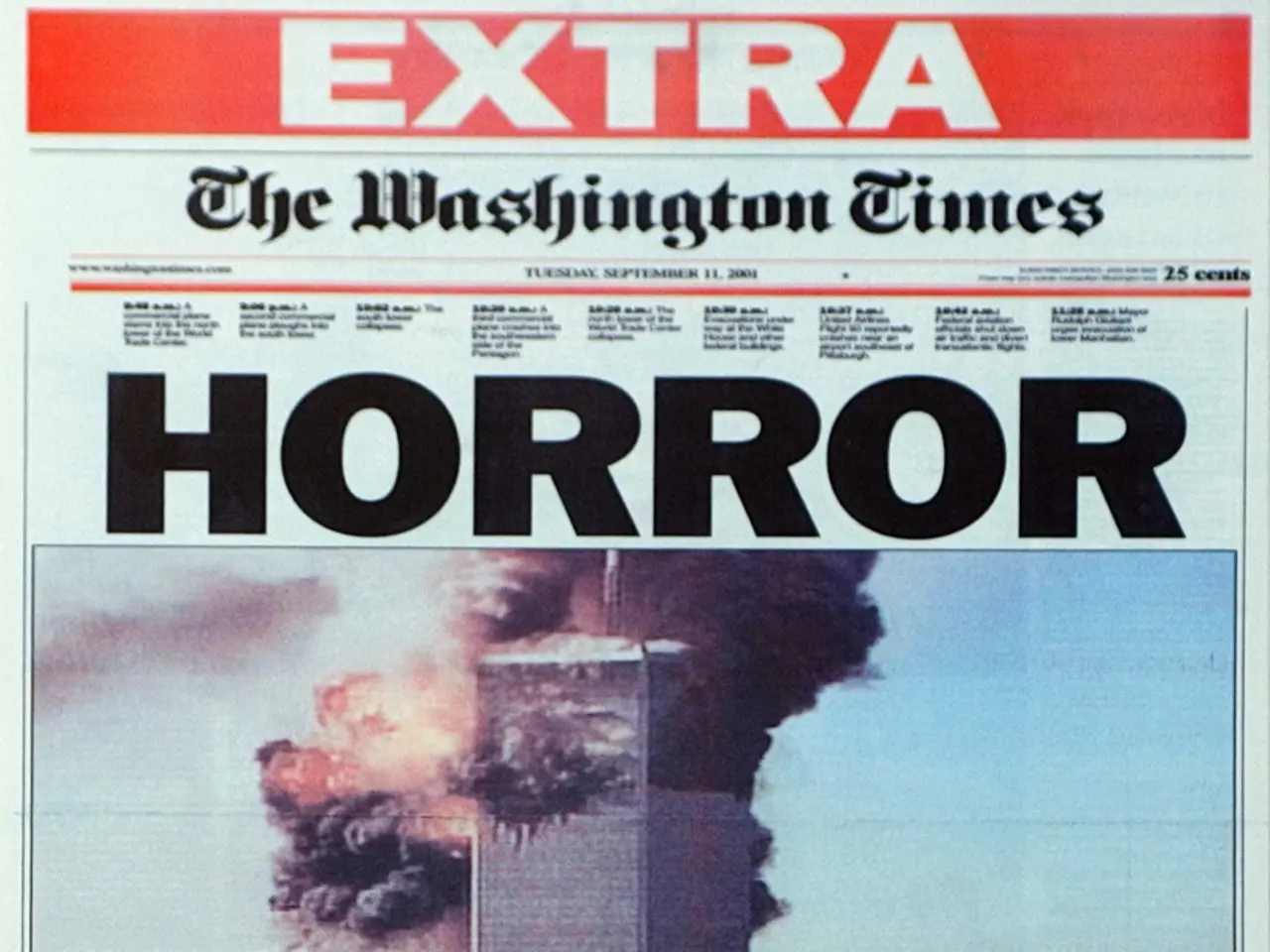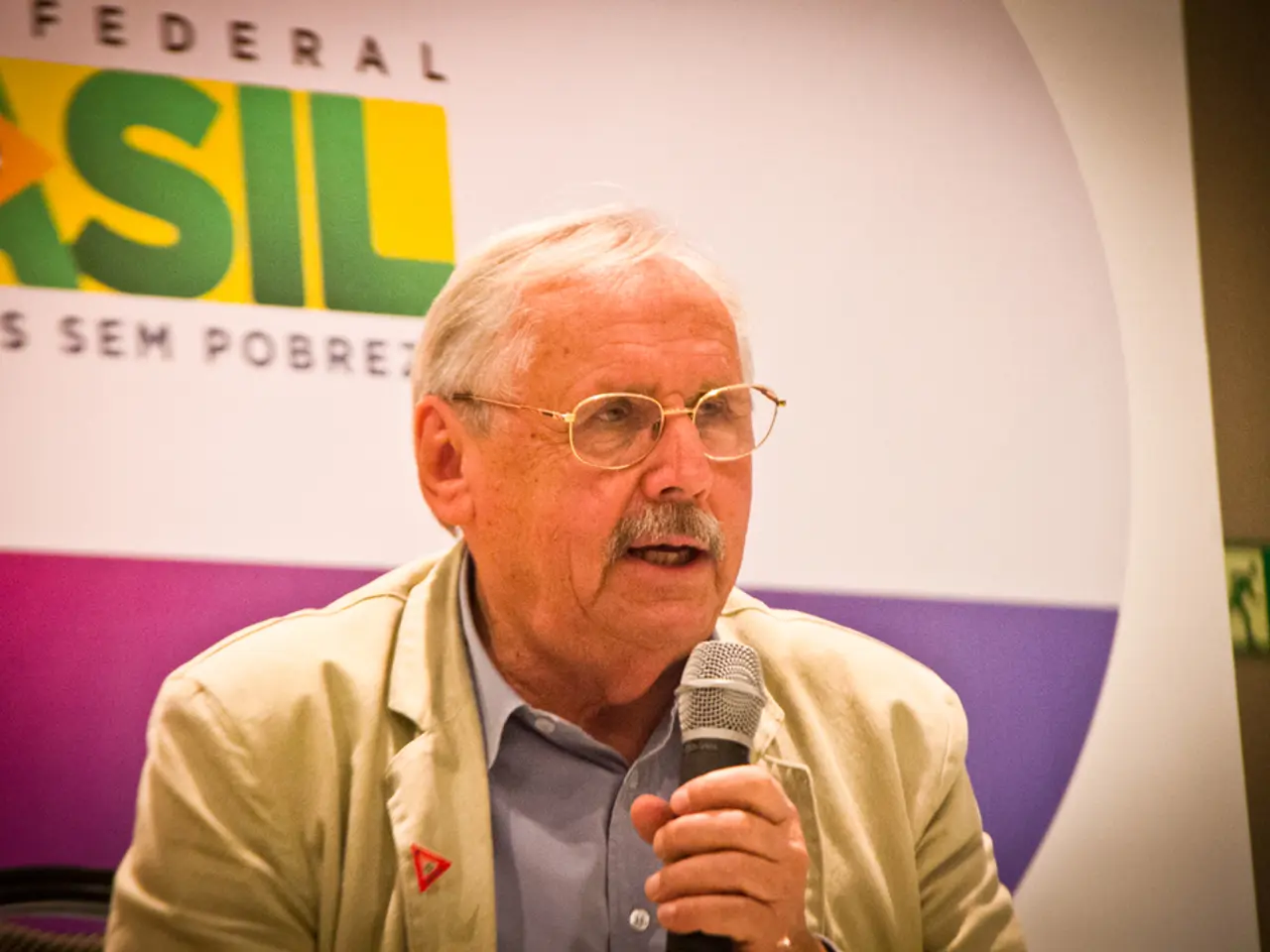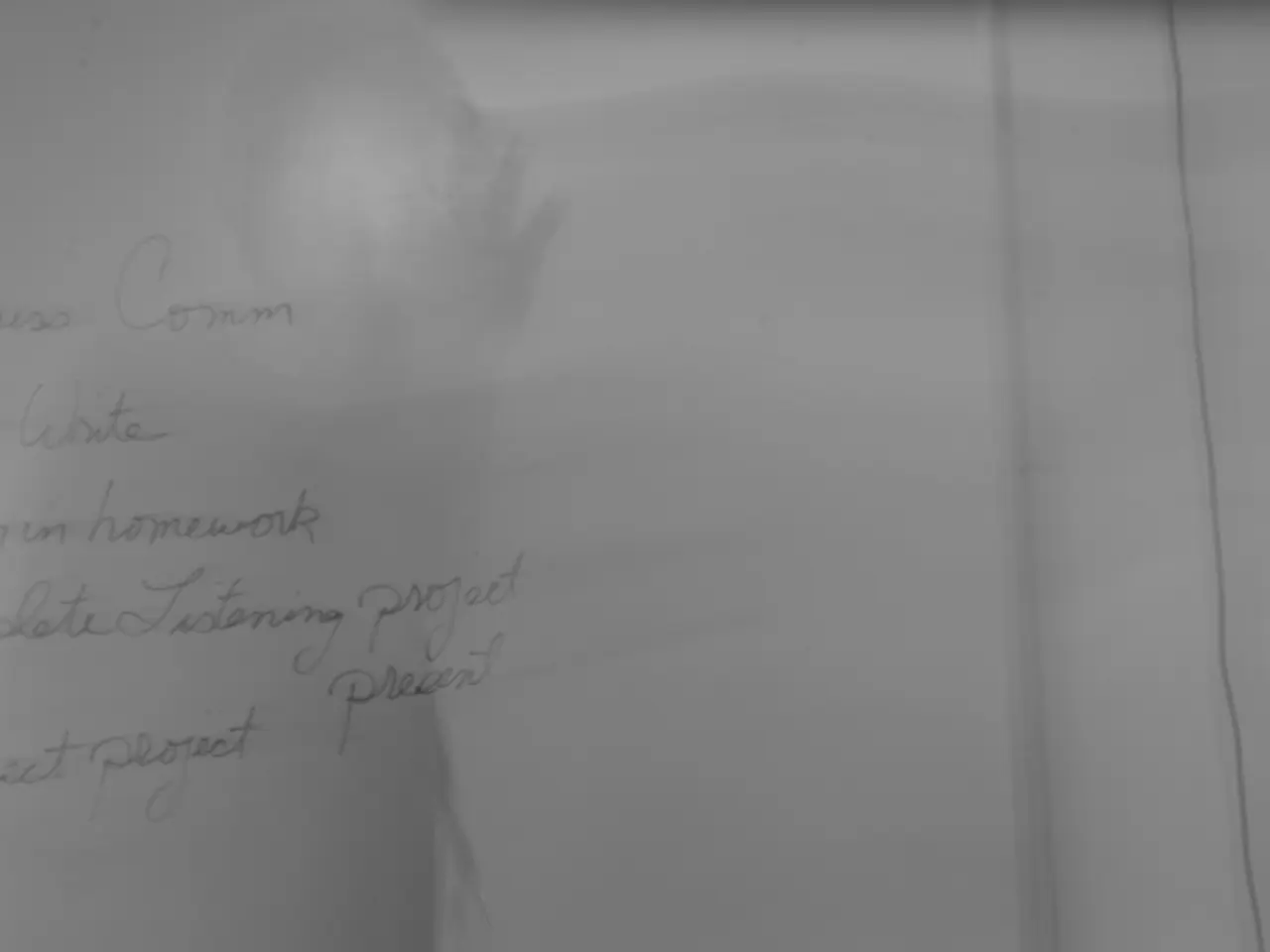Urgent Action Required Immediately! - Cease immediately!
In the midst of the ongoing Israel-Gaza conflict, Germany finds itself navigating a delicate balance between supporting Israel's security and advocating for humanitarian relief, adherence to international law, and a political resolution to the conflict.
The war, which erupted in October 2023 following Hamas' attack resulting in approximately 1,200 deaths and 251 kidnappings, has been described as more than just a self-defence struggle. The author, a German journalist with a personal connection to Israel, suggests that it is about destruction, revenge, and hate, rather than securing Israel's existence.
Chancellor Friedrich Merz and other officials have called for an immediate end to the intense Israeli bombardment and the facilitation of aid reaching civilians safely. However, internal political nuances and coalition tensions have emerged over how to respond to Israel's military actions. Germany did not sign a joint 28-country declaration condemning Israel's conduct in Gaza due to concerns that it was counterproductive.
Germany's stance is rooted in its historical perspective. The country has traditionally upheld Israel's right to exist and its security, while also advocating for a two-state solution and humanitarian aid to Palestinians. However, under Merz, there is a more critical tone regarding Israel’s humanitarian blockade and settlement policies seen as obstacles to peace.
Renowned organizations are ensuring that the support reaches those in need in Gaza, where over 60,000 people, including 18,000 children, have died, and many more are at risk of starvation. The situation in Gaza is described as beyond an airlift, requiring humanitarian aid.
Israel now controls almost 90% of the Gaza Strip, with around two million people crammed into an area the size of a Berlin borough. The Israeli government has been accused of leading the war for its own power, with Benjamin Netanyahu compared to populists such as Donald Trump or Viktor Orbán.
The author has encountered the trivialization of new anti-Semitism by terrorist organizations like Hamas. The creation of Israel was partly due to the worst crime against humanity, and the author associates Germany's guilt towards Jews with the creation of Israel.
The author suggests that something must happen to end the Gaza war. The Israeli government is currently engaged in a revenge war with no clear goal, according to the author. Israeli soldiers are shooting civilians, including those looking for food. The people in Gaza need humanitarian aid, and a link is provided for donations.
The author has witnessed hypocrisy regarding Israel's actions, particularly in universities and media. Israel is often portrayed as the embodiment of evil and violator of international law, while its neighbouring countries are portrayed as covert peacekeepers. The author finds this perspective problematic and calls for a more balanced understanding of the conflict.
The Director-General of the International Committee of the Red Cross, Pierre Krähenbühl, has stated that the situation in Gaza is akin to "Hell on Earth." This war, in the eyes of many, is far from over, and the need for a peaceful resolution has never been more urgent.
The European Union, with a comprehensive and comprehensive policy on the environment, finds itself in the midst of the general news, as Germany navigates the delicate politics of supporting Israel's security during the war-and-conflict in Israel-Gaza, while advocating for humanitarian relief, adherence to international law, and a political resolution to the conflict. Despite internal coalition tensions and concerns about counterproductivity, Germany continues to stand by its historical perspective, upholding Israel's right to exist and its security while advocating for a two-state solution and humanitarian aid to Palestinians, and adopting a more critical tone regarding Israel’s humanitarian blockade and settlement policies.




